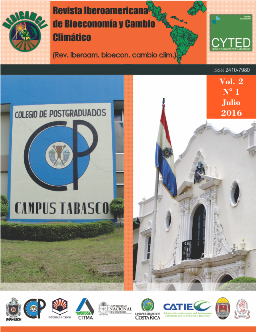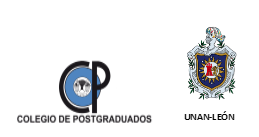Entrepreneurship within education base as method of employment for Business Administrations students of CUR-Somotillo 2016
DOI:
https://doi.org/10.5377/ribcc.v2i1.5688Keywords:
Entrepreneurship, Unemployment, EducationAbstract
The purpose of this study is to describe the skills and abilities developed by the
students of the 5th year of the CUR-SOMOTILLO company management career for generation of self employment. Nicaragua is at a time of great importance for its development future economic From the demographic point of view it is going through what many have called "window of demographic opportunity". Actually, this term refers to the beginning of the second phase of the demographic transition process, where the rate of population growth begins to decline and the population of working age increases in relation to the population dependent, above all, the child. Unemployment and inactivity among the young population may have profound, and even permanent, effects on the future employment capabilities of the population and, with it, in the future income flow of households and in the quality of life. A
unemployment and long-term inactivity in young people, not only results in the loss of human capital, but it can also leave this group at high risk of exclusion
social, delinquency and drug addiction. Entrepreneurship understands how to discover opportunities, the creation and exploitation of activities to generate their own source of income and in this way to be able to obtain the basic requirements to maintain an acceptable standard of living. When acting as an entrepreneur, opportunities for new projects are seen, stimulates environments so that
its workers develop innovations in the products or services provided.
Downloads
865
HTML (Español (España)) 0
Published
How to Cite
License
Copyright (c) 2016 Rev. iberoam. bioecon. cambio clim.

This work is licensed under a Creative Commons Attribution-NonCommercial-ShareAlike 4.0 International License.
Copyright © Rev. iberoam. bioecon. climate change (Graduate School and UNAN-León, School of Agricultural and Veterinary Sciences / Department of Agroecology / Center for Research in Bioeconomy and Climate Cahnge (CRByCC).







